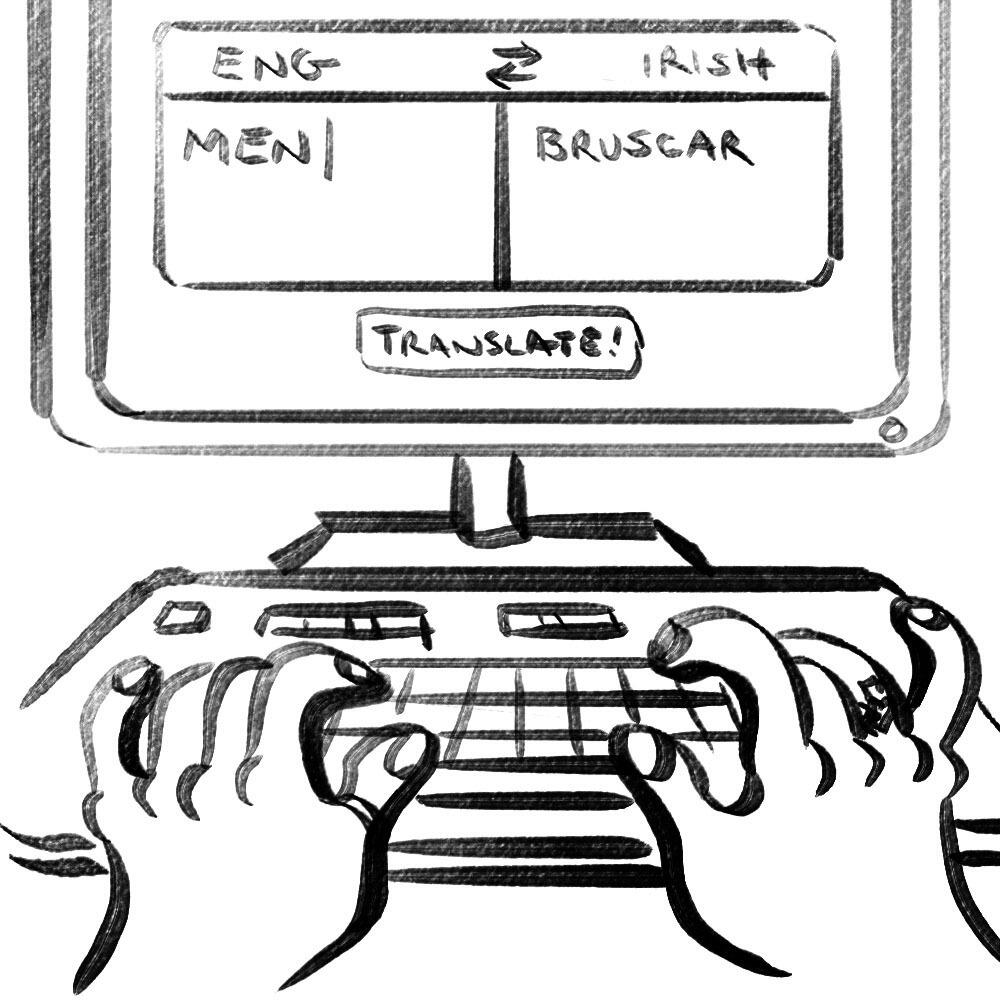
Show Notes
When German-Morroccan DJ Mousse T recorded the song “Horny” in 1998, he surely had no idea that he was creating a Pompeii-like cultural artefact, one that preserved evidence of what a world was like minutes befoe it changed forever.
The local slang of a town or of a neighbourhood is part of its cultural treasury. Are new words - be they loanwords of neologisms - an addition or a subtraction from this treasury? What makes some neologisms catch on (text, the verb) and others flounder (talkie)? What makes some slang words break out of their linguistic communities and go national (like shift) or global (like woke)?
If languages are the currencies of the mind, what is the exchange rate of words?
In today’s episode, Peadar and Darach consider Ireland’s affectionate loyalty to certain regional slangwords (langer, shift, gowl) and HibEng’s openness to certain global English trends.
Does saying “men are trash” mean we’ve accepted trash as a fitting replacement for rubbish? If we ask for “ballpark figures”, have we conceded to refer to Croke Park as a ballpark?
Most importantly of all, does the transfer of vocabulary from one community to another represent a submission to the values and objectives of the donor culture? These questions and more are considered in the context of how the internet, mobile phones and pop music have impressed themselves upon English dialects since 1998.











